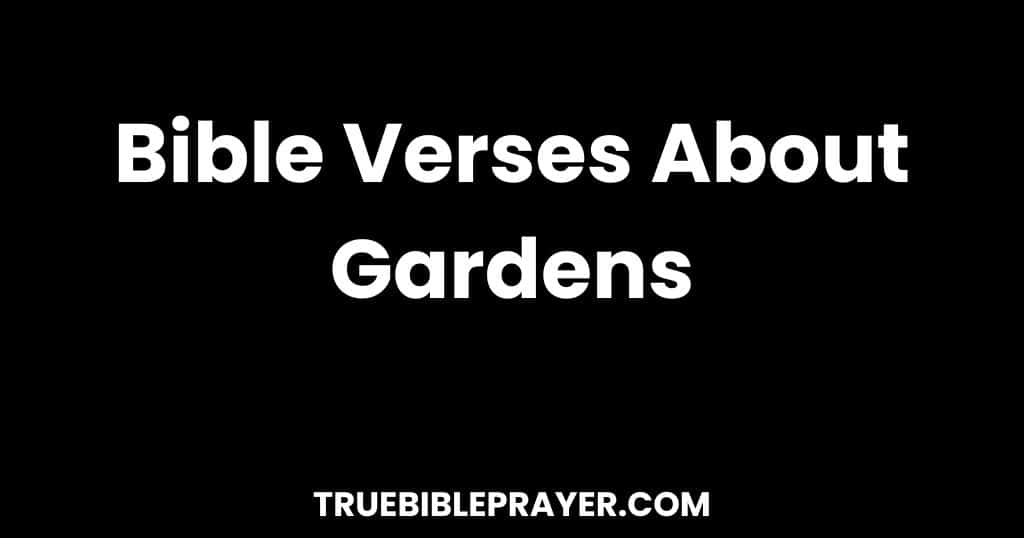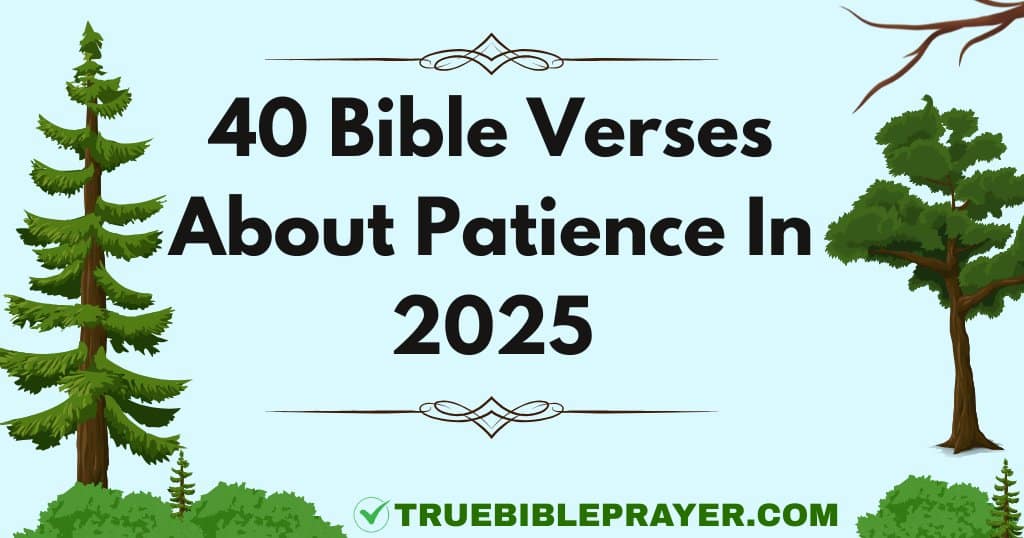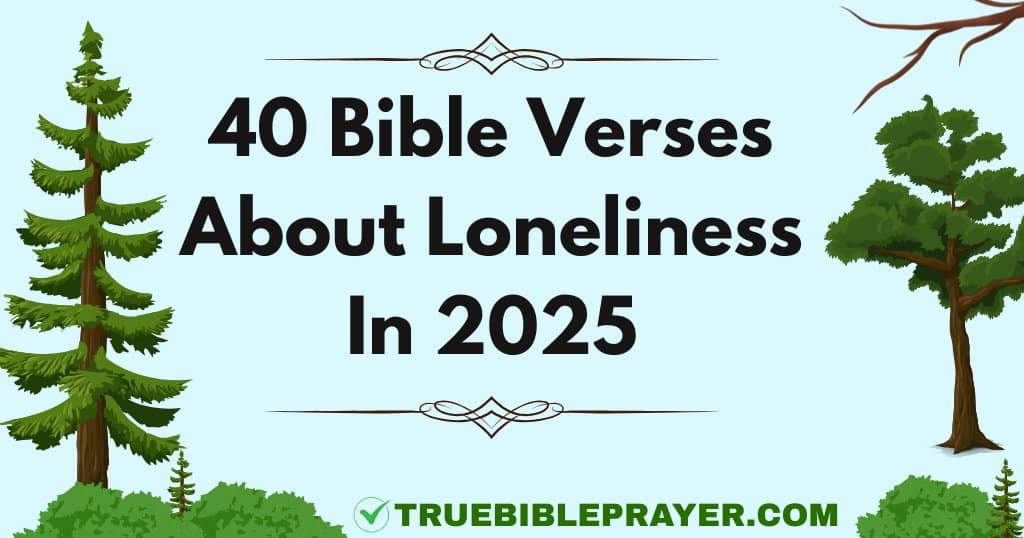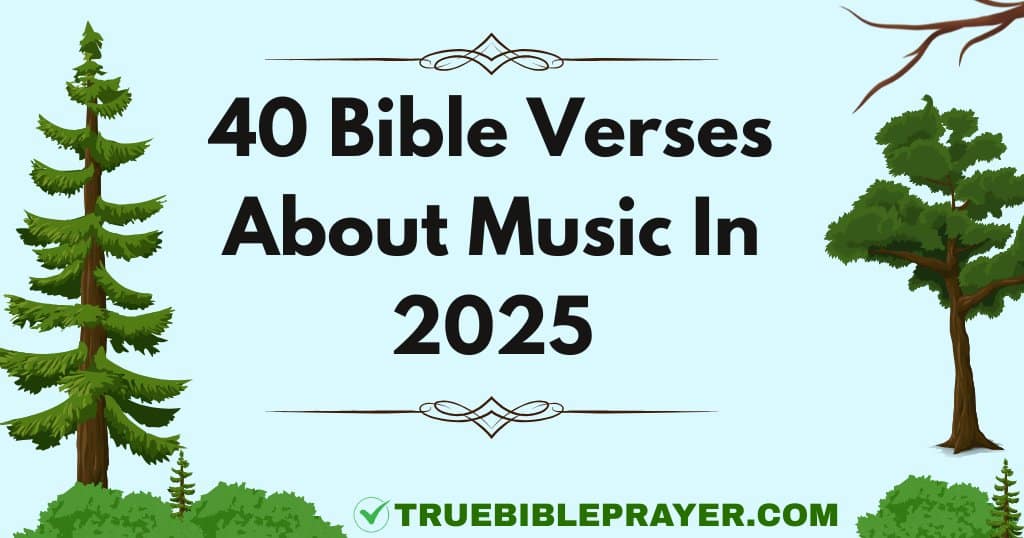Gardens are spaces where plants are intentionally grown, nurtured, and cared for. They can be small or large, simple or elaborate, but their purpose is always tied to life, beauty, and growth. In a deeper sense, gardens often symbolize peace, creation, and spiritual reflection. Whether used for food, flowers, or quiet moments, gardens represent a place where something good can take root and flourish. In the Bible, gardens hold powerful meaning showing up in stories of beginnings, restoration, prayer, and even resurrection.
You will find clear Bible verses that reveal deep meaning behind planting, growth, and sacred spaces. Each section offers real insight and thoughtful interpretation to help you connect spiritually and personally.
what does the bible say about gardening
The Bible uses gardening to teach powerful truths about life, effort, and faith. Galatians 6:7 reminds us that we reap what we sow, showing how every action has lasting results. Ecclesiastes 3:2 speaks of planting and uprooting, revealing that life moves in seasons. I believe these verses guide us to live with patience and purpose.
In Genesis 2:15, God calls man to care for the garden, showing that stewardship matters. Isaiah 61:3 describes us as God’s planting, rooted in strength and purpose. Gardening becomes a picture of spiritual growth and divine care. In my experience, it teaches trust planting in faith, and waiting for God to bring the harvest.
Gardens in Creation and Restoration
Genesis 2:8
“The Lord God planted a garden eastward in Eden; and there he put the man whom he had formed.”
Description: This is the first direct mention of a garden in the Bible. God Himself is the planter, placing man into the center of creation.
Interpretation: Eden shows that gardens are sacred beginnings—spaces of order, peace, and relationship with God. In my view, it reflects God’s desire to dwell with man in beauty and balance.
Genesis 2:9
“And out of the ground made the Lord God to grow every tree that is pleasant to the sight, and good for food…”
Description: This verse continues the Eden story, describing the abundance and purpose of the garden’s plants.
Interpretation: God designed gardens to nourish both the body and soul. I think this highlights His care for human need and His joy in beauty and provision.
Genesis 2:15
“And the Lord God took the man, and put him into the garden of Eden to dress it and to keep it.”
Description: God gave Adam the role of gardener and steward, not just a passive resident.
Interpretation: Gardening is not just work—it is worship. I believe this shows how tending to creation reflects our obedience and partnership with God.
Song of Solomon 4:12
“A garden inclosed is my sister, my spouse; a spring shut up, a fountain sealed.”
Description: This poetic verse uses garden imagery to describe love, beauty, and sacred intimacy.
Interpretation: In my experience, gardens in the Bible often represent the inner life—protected, precious, and meant for deep connection.
Song of Solomon 4:16
“Awake, O north wind; and come, thou south; blow upon my garden, that the spices thereof may flow out…”
Description: The bride invites the winds to stir the garden, releasing its fragrance.
Interpretation: This image of an awakened garden reflects how love, like faith, should not remain hidden. It speaks of readiness, invitation, and fruitful response to God’s presence.
Isaiah 51:3
“…He will make her wilderness like Eden, and her desert like the garden of the Lord…”
Description: A prophecy of restoration, turning broken places into flourishing ones.
Interpretation: I see this as a promise that God can restore what feels lifeless. His touch can turn despair into joy, just like a barren land into a garden.
Ezekiel 36:35
“And they shall say, This land that was desolate is become like the garden of Eden…”
Description: After judgment and exile, God speaks of healing the land and His people.
Interpretation: I believe this verse reflects how God’s grace can renew lives, relationships, and even communities—bringing back beauty from devastation.
Joel 2:3
“The land is as the garden of Eden before them, and behind them a desolate wilderness…”
Description: This dramatic verse contrasts life before judgment and the destruction that follows.
Interpretation: Gardens here symbolize what is precious and easily lost. It is a reminder to guard what God gives, because carelessness leads to ruin.
Amos 9:14
“They shall also make gardens, and eat the fruit of them.”
Description: A restoration promise, where God’s people return to their land and plant again.
Interpretation: I think this verse beautifully shows how gardening is tied to hope, healing, and rebuilding life after suffering.
Jeremiah 31:12
“And their soul shall be as a watered garden; and they shall not sorrow any more at all.”
Description: God comforts His people with a promise of peace, abundance, and emotional renewal.
Interpretation: A watered garden is alive and thriving. In my view, this verse speaks deeply to those who feel spiritually dry—God promises fullness and joy.
Spiritual Growth and Sowing
Galatians 6:7
“Be not deceived; God is not mocked: for whatsoever a man soweth, that shall he also reap.”
Description: This verse links actions to consequences using the imagery of planting and harvesting.
Interpretation: I believe this is one of the clearest teachings on personal responsibility. Just like in gardening, what you plant in life—through choices, words, and habits—will return in time.
Galatians 6:9
“And let us not be weary in well doing: for in due season we shall reap, if we faint not.”
Description: Encouragement to remain faithful, even when the results take time.
Interpretation: Gardening requires patience. In my experience, this verse speaks to anyone tired of doing good. Keep planting seeds of kindness and truth—harvest always follows the right season.
2 Corinthians 9:6
“He which soweth sparingly shall reap also sparingly; and he which soweth bountifully shall reap also bountifully.”
Description: A call to generosity using the principle of seed and harvest.
Interpretation: Whether giving time, resources, or love, God honors an open heart. I think of this verse every time I face a choice between holding back or planting freely.
Ecclesiastes 11:6
“In the morning sow thy seed, and in the evening withhold not thine hand…”
Description: Wise advice to keep working and not give up, even without knowing outcomes.
Interpretation: I have learned that results do not always come quickly. This verse reminds me to plant with consistency and let God determine what will grow and when.
Hosea 10:12
“Sow to yourselves in righteousness, reap in mercy…”
Description: A powerful call to spiritual renewal using gardening terms.
Interpretation: To me, this verse shows that real growth begins in the heart. Break up hard ground. Plant what is right. God will respond with mercy like rain on thirsty soil.
James 3:18
“And the fruit of righteousness is sown in peace of them that make peace.”
Description: A connection between right living and peaceful relationships.
Interpretation: I think of peacemaking as planting seeds no one else wants to touch. But when done with love, it grows something lasting and beautiful—like a calm, fruitful garden.
Proverbs 11:18
“The wicked worketh a deceitful work: but to him that soweth righteousness shall be a sure reward.”
Description: A contrast between deceit and righteousness, using planting language.
Interpretation: This verse tells me that good seeds may not bloom fast, but they always do. God sees every faithful act, even when others do not.
Isaiah 55:10
“For as the rain cometh down, and the snow from heaven… so shall my word be…”
Description: God compares His Word to rain that waters the earth and causes growth.
Interpretation: I believe Scripture is the seed and the water. When we receive it with openness, it creates deep and lasting fruit just like rain nourishes a garden.
Psalm 126:6
“He that goeth forth and weepeth, bearing precious seed, shall doubtless come again… bringing his sheaves with him.”
Description: A promise of reward for those who plant faithfully, even in tears.
Interpretation: I have lived this. Sometimes you sow with grief and brokenness, but God promises joy in the harvest. That keeps me going when the field looks empty.
Matthew 13:3
“Behold, a sower went forth to sow;”
Description: The beginning of Jesus’ parable about the sower and the seeds.
Interpretation: Every time I read this, I picture the generous sower casting seed everywhere. It reminds me to keep sharing truth and love, even if not all of it takes root right away.
Jesus and the Garden
John 18:1
“When Jesus had spoken these words, he went forth with his disciples over the brook Cedron, where was a garden, into the which he entered, and his disciples.”
Description: Jesus chooses a garden, not a temple or mountain, for His final moments before arrest.
Interpretation: I believe this garden shows us that sacred moments often happen in quiet, natural places. It became the setting for surrender, prayer, and divine courage.
John 18:26
“One of the servants of the high priest… saith, Did not I see thee in the garden with him?”
Description: A servant recalls seeing Peter in the garden where Jesus was arrested.
Interpretation: This verse connects the garden of Gethsemane to personal failure and fear. It reminds me that even in sacred spaces, we can falter—and still be restored.
John 19:41
“Now in the place where he was crucified there was a garden; and in the garden a new sepulchre, wherein was never man yet laid.”
Description: Jesus is buried in a tomb located in a garden near the crucifixion site.
Interpretation: Life began in a garden, and resurrection was prepared in one. I believe this garden marks a return—from death back to life, and from sorrow to glory.
Luke 22:39
“And he came out, and went, as he was wont, to the mount of Olives; and his disciples also followed him.”
Description: Jesus retreats to the Mount of Olives, where Gethsemane is located.
Interpretation: This shows a rhythm in Jesus’ life. I think He sought gardens for solitude and communion with God—a habit we can follow when life grows heavy.
Luke 22:41
“And he was withdrawn from them about a stone’s cast, and kneeled down, and prayed.”
Description: Jesus separates Himself for focused prayer in the garden.
Interpretation: To me, this is a picture of true surrender. Alone in a garden, Jesus chooses obedience over escape. That kind of clarity often only comes in stillness.
Luke 22:44
“And being in an agony he prayed more earnestly: and his sweat was as it were great drops of blood falling down to the ground.”
Description: In deep anguish, Jesus prays so intensely that His sweat becomes like blood.
Interpretation: This garden became a battlefield of the soul. I think it teaches us that gardens are not always peaceful—they are where true spiritual battles are fought and won.
Matthew 26:36
“Then cometh Jesus with them unto a place called Gethsemane, and saith unto the disciples, Sit ye here, while I go and pray yonder.”
Description: Jesus brings His disciples to Gethsemane, asking them to wait while He prays.
Interpretation: Gethsemane was a garden of choice. I believe Jesus shows us here that even the Son of God needed a quiet space to face pain and make peace with God’s will.
Matthew 26:38
“Then saith he unto them, My soul is exceeding sorrowful, even unto death: tarry ye here, and watch with me.”
Description: Jesus shares His sorrow and invites His friends to stay close.
Interpretation: This garden moment is deeply human. In my view, it shows that even in prayer, we long for support. Gardens can be places of honest confession, not just silent reflection.
Mark 14:32
“And they came to a place which was named Gethsemane: and he saith to his disciples, Sit ye here, while I shall pray.”
Description: Mark’s account of Jesus entering the garden of Gethsemane to pray.
Interpretation: The repetition of this scene across Gospels emphasizes its weight. I believe it shows that gardens in Scripture are not background—they are sacred stages for divine turning points.
Mark 14:35
“And he went forward a little, and fell on the ground, and prayed that, if it were possible, the hour might pass from him.”
Description: Jesus falls to the ground in desperate prayer.
Interpretation: I see this as the most vulnerable garden moment in the Bible. Jesus faced the full weight of suffering. The garden held His pain—but also His surrender to God’s plan.
God’s People as God’s Planting
Isaiah 61:3
“To appoint unto them that mourn in Zion… that they might be called trees of righteousness, the planting of the Lord, that he might be glorified.”
Description: God promises to transform grief into strength, calling His people a divine planting.
Interpretation: I believe this verse shows that we are not scattered weeds. We are planted by God with care and intention, meant to reflect His glory through a deeply rooted life.
Psalm 1:3
“And he shall be like a tree planted by the rivers of water, that bringeth forth his fruit in his season…”
Description: The righteous person is compared to a well-planted tree that thrives and bears fruit.
Interpretation: I often return to this verse. It reminds me that staying rooted in God’s Word leads to steady growth and unshakable peace, no matter the external season.
Jeremiah 17:8
“For he shall be as a tree planted by the waters… and shall not be careful in the year of drought, neither shall cease from yielding fruit.”
Description: Those who trust in God are compared to trees that survive and thrive even in drought.
Interpretation: In my experience, this verse speaks to spiritual resilience. When deeply rooted in faith, your life can still bear fruit during hard times, like a tree in a dry land with hidden strength.
Isaiah 58:11
“And the Lord shall guide thee continually… and thou shalt be like a watered garden, and like a spring of water, whose waters fail not.”
Description: God promises refreshment, guidance, and lasting supply to those who live righteously.
Interpretation: I see this as a picture of inner renewal. A well-watered garden does not depend on external weather. In the same way, God fills the soul from within.
Psalm 92:13
“Those that be planted in the house of the Lord shall flourish in the courts of our God.”
Description: Flourishing comes from being planted in God’s presence and purpose.
Interpretation: I think this is about spiritual placement. When you stay rooted in God’s truth and community, your growth becomes steady, healthy, and lasting.
Ezekiel 17:8
“It was planted in a good soil by great waters, that it might bring forth branches, and… be a goodly vine.”
Description: God uses gardening imagery to describe how He sets up His people for fruitfulness.
Interpretation: This verse reminds me that the environment matters. With the right spiritual soil—God’s Word, love, and truth—we are set up to bear lasting fruit.
Matthew 15:13
“But he answered and said, Every plant, which my heavenly Father hath not planted, shall be rooted up.”
Description: Jesus warns that only what God plants will stand the test of time.
Interpretation: I believe this verse draws a clear line—true faith cannot be self-made. Only what is planted by God lasts, and false roots will eventually fail.
1 Corinthians 3:7
“So then neither is he that planteth any thing, neither he that watereth; but God that giveth the increase.”
Description: Paul teaches that spiritual growth comes from God, not human effort alone.
Interpretation: I have found freedom in this verse. We do our part—planting and watering—but God controls the results. That truth removes pressure and builds trust.
1 Corinthians 3:9
“For we are labourers together with God: ye are God’s husbandry, ye are God’s building.”
Description: Believers are described as both co-workers with God and His cultivated field.
Interpretation: This verse tells me that our lives are under divine care. We are not random or forgotten—God is actively tending to our growth like a wise gardener.
Matthew 13:31
“The kingdom of heaven is like to a grain of mustard seed, which a man took, and sowed in his field.”
Description: Jesus compares the kingdom to a small seed that grows into something large and sheltering.
Interpretation: I think this verse gives hope to those who start small. God can turn the tiniest seed of faith or action into something powerful, just like in any good garden.
Conclusion
The Bible shows that gardens are more than just places of beauty. They represent life, growth, surrender, and restoration. From Eden to Gethsemane, and through every verse on planting and reaping, gardens reflect God’s deep connection with creation and with us.
This article helped explore what the Bible truly says about gardens. It answered common questions, offered direct verses, and gave insight into why these spaces matter so much spiritually. Whether you needed clarity, encouragement, or direction, the message is clear—God uses gardens to speak, heal, and guide.
May your heart grow like a well-watered garden, steady in faith and full of peace.




